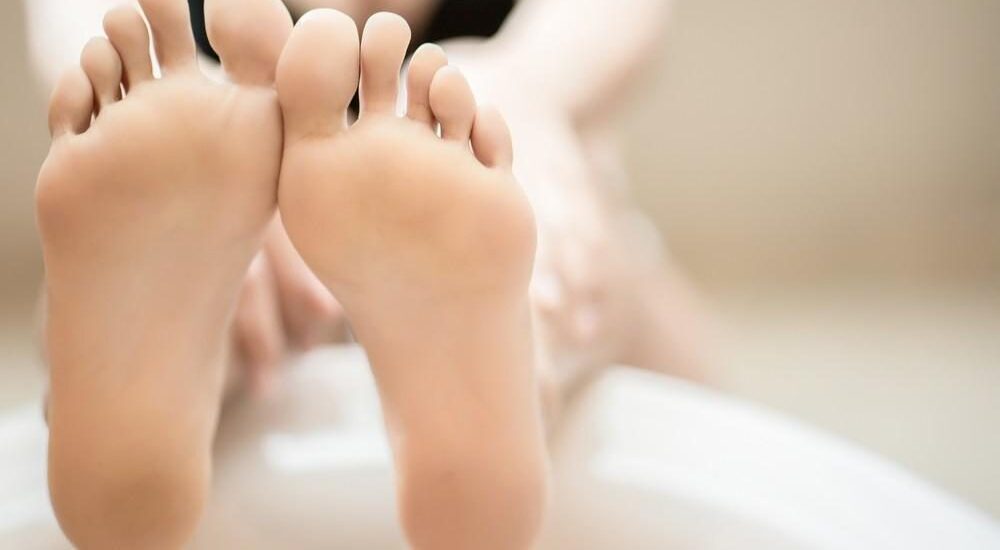- August 7, 2017
- Posted by: Zealmark Henda
- Category: General Health Care

WHY THE FEET?
Patients with diabetes are especially prone to foot problems. Foot-related problems are potentially serious complications of diabetes. The feet are prone to nerve damage and blood vessel disease which together increase the tendency to poorly-healing wounds. This increases the risk of amputations.
AM I AT RISK?
Every person with diabetes is at risk of foot related problems- even if they have no symptoms. However, onset of specific foot problems may present with the following:
– Burning, tingling, or painful feet.
– Loss of sensation to heat, cold, or touch.
– Thickening of the skin of the foot or soles (corns and calluses).
– Loss of hair on the toes, feet, and lower legs.
– Onset of red areas, blisters, sores, ulcers, or ingrown toenails.
WHAT SHOULD I DO?
Serious foot problems diabetes can be prevented among people with diabetes. You should take the following steps to keep your feet in a good state.
– Inspect your feet daily – check for cuts, blisters, red spots, and/or swelling. Use a hand mirror to look at the bottom of your feet or ask someone to help.
– Keep your feet clean by washing them daily in lukewarm or room-temperature water (not hot water).
– Be gentle when bathing your feet – wash using a soft sponge and dry by blotting or patting (carefully dry between the toes).
– Moisturize daily with petroleum jelly/aqueous cream to keep dry skin from itching or cracking. However, avoid moisturizing/creaming between the toes as this could encourage a fungal infection.
– Cut nails straight across using a nail clipper and file edges with a nail file (have it done by someone else if you suffer poor vision). Don’t cut nails too short, since this could lead to ingrown toe nails. Never trim corns or calluses by yourself.
– Wear clean, dry socks- avoid socks with tight elastic bands and thick bulky socks which may reduce circulation and irritate the skin.
– Choose comfortable, well-fitting shoes with plenty of room, especially in the toe box. Do not wear tight or ill-fitting shoes.
– Shake out and inspect the inside of your shoe before wearing.
– Don’t sit with your legs crossed or stand in a position for long periods of time.
– Never walk barefoot (not even at home).
– Consult your doctor promptly
Appointments can be booked with the doctor by calling 08094267934 or 09094260940 or by sending a mail to frontdesk@limihospital.org


Great tips.
Remember to always take your medication as prescribed by your Doctor as well as healthy eating and regular exercise.
Regular clinic visits to see your Doctor is also very helpful.
Cheers.